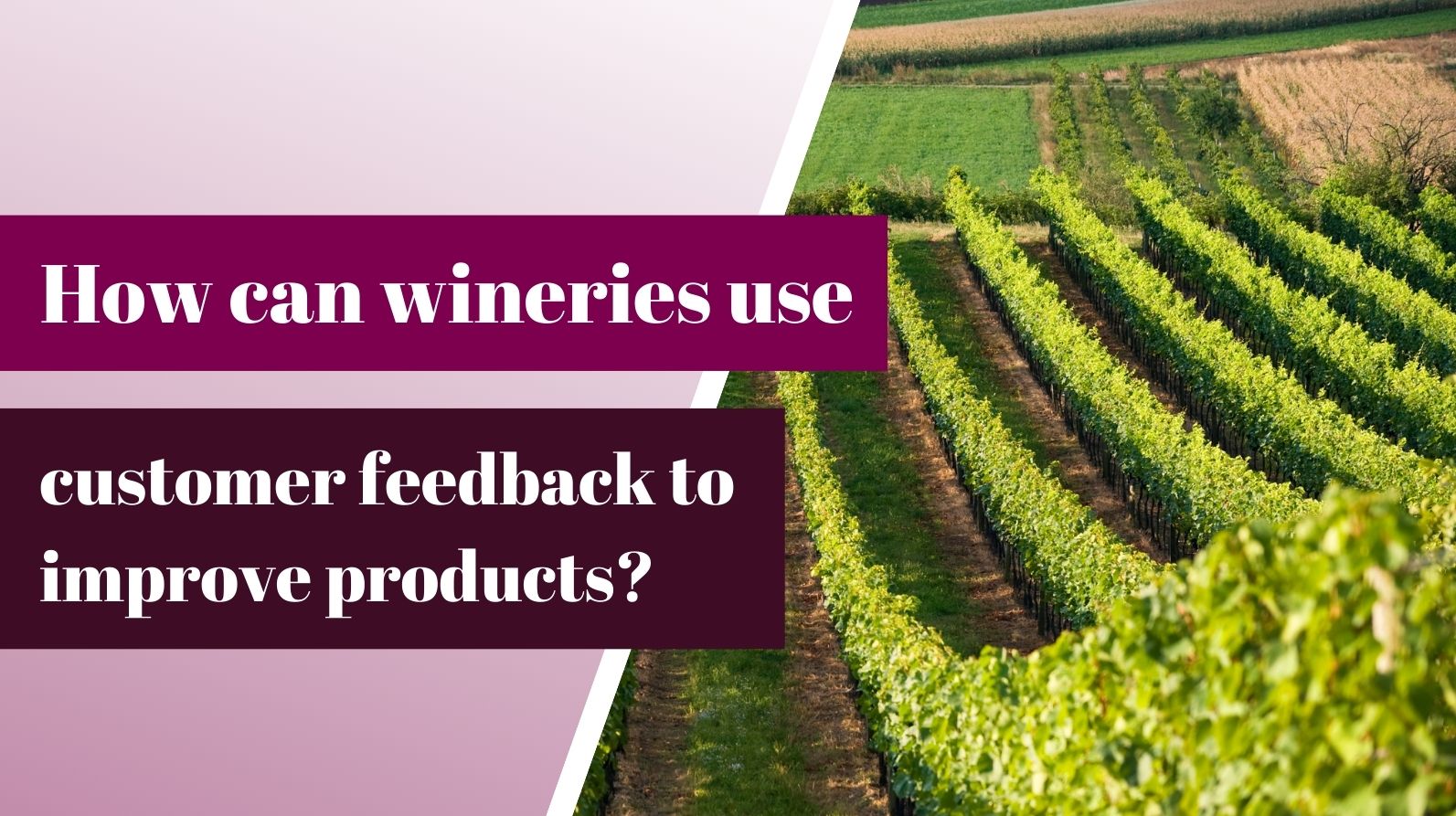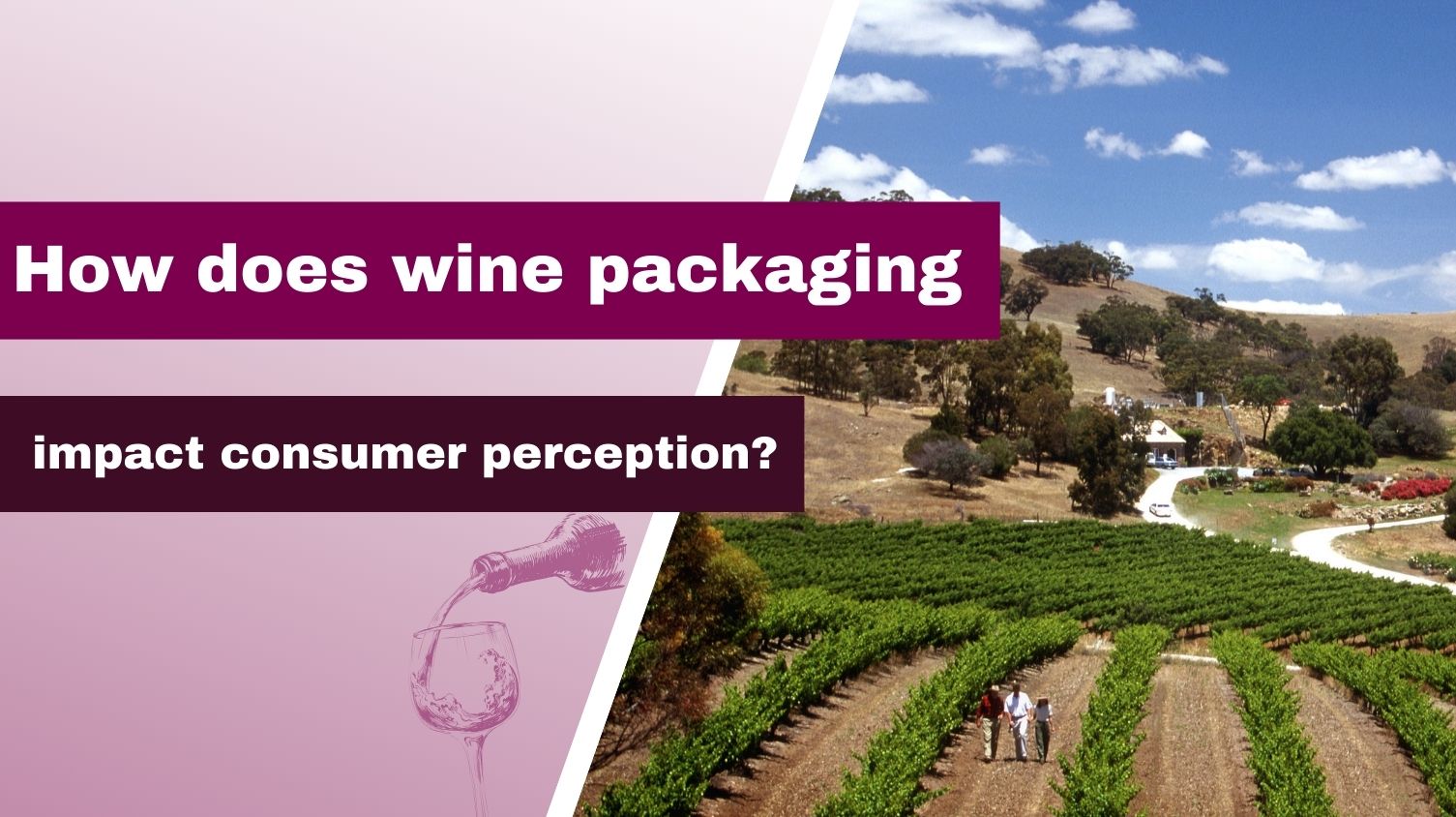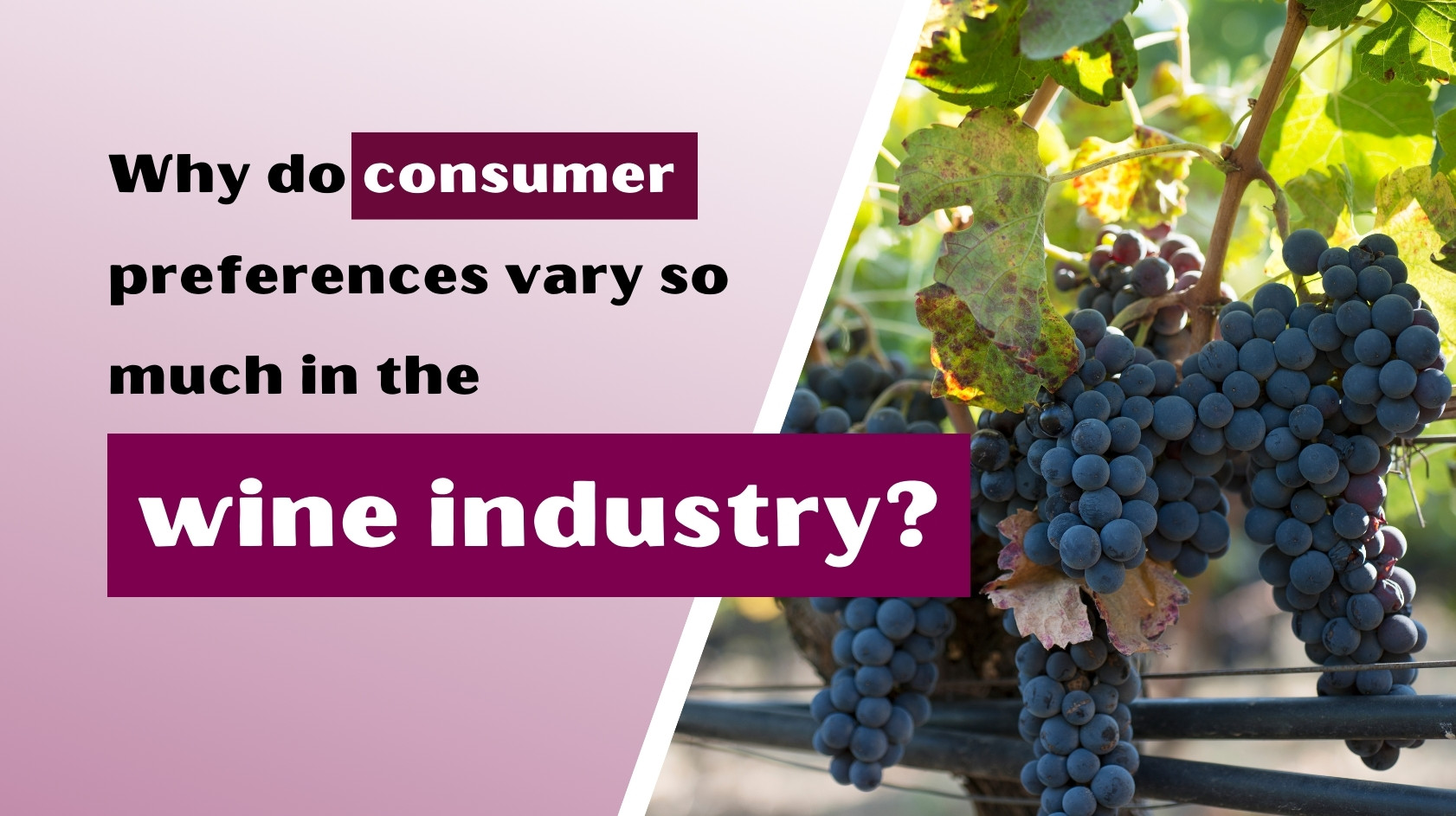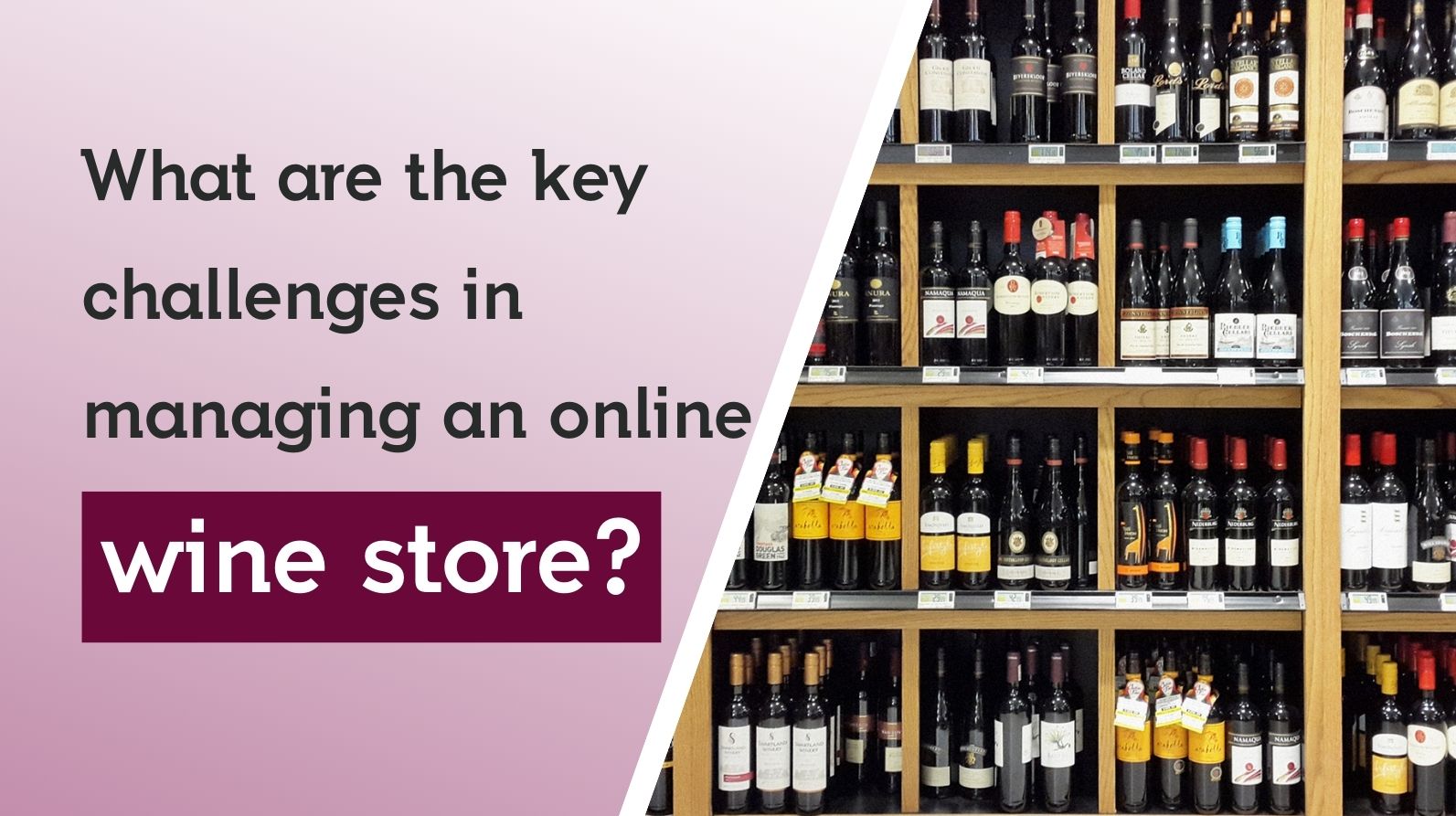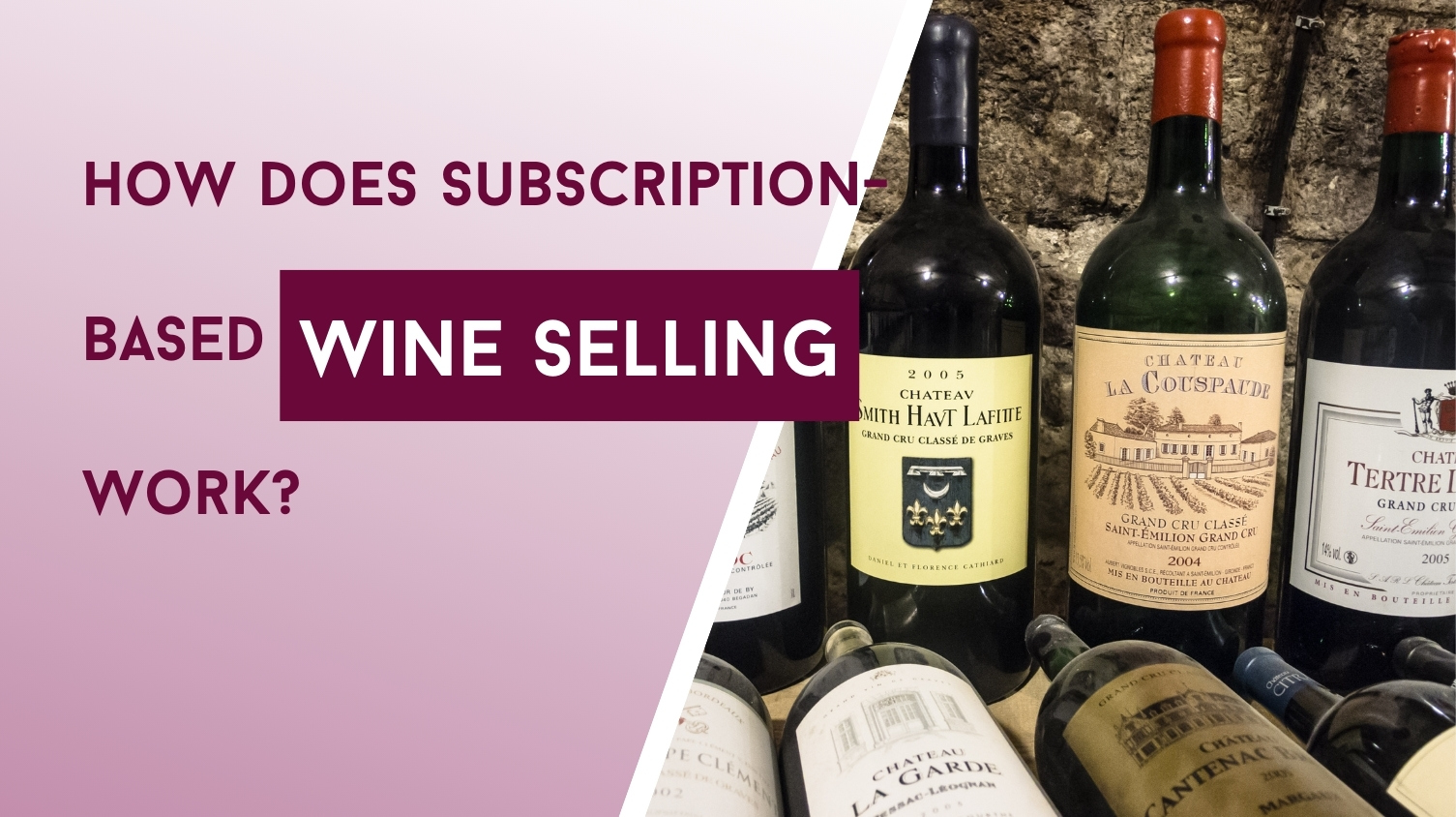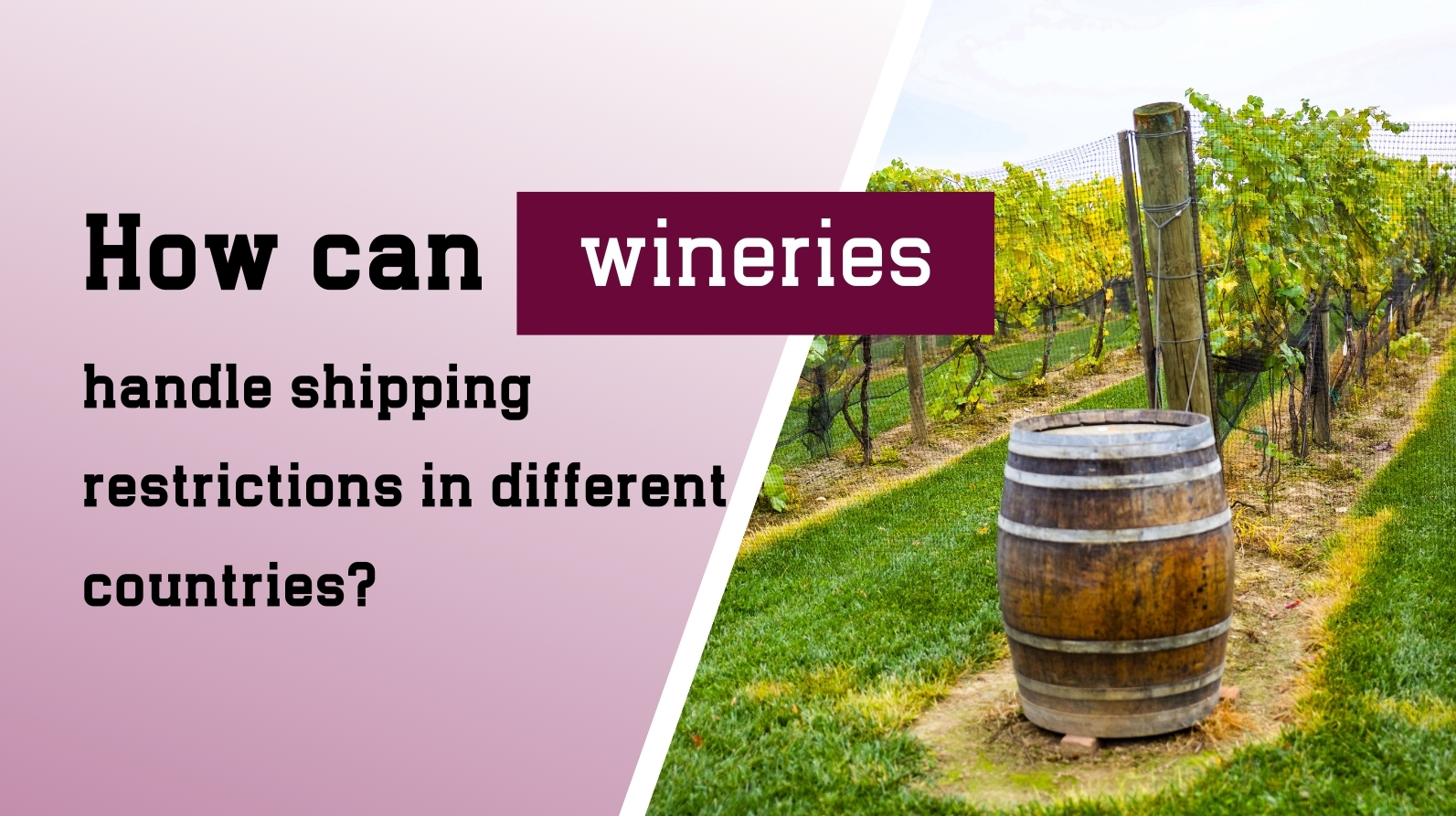Why a Strong E-Commerce Strategy Matters for Wineries

Introduction: Why a Strong E-Commerce Strategy Matters for Wineries
In today's digital world, having a strong online presence is more important than ever for wineries. A well-designed e-commerce platform helps you sell more wine, reach new customers, and build long-term relationships with your audience.
This article covers simple and effective ways wineries can improve their online stores. From better website design to using social media, these strategies will help you meet modern customer expectations and grow your wine business online.
1. Make Your Website Easy to Use (User Experience - UX)
A smooth and easy shopping experience encourages people to stay on your website and make purchases.
Tips to Improve Website Usability:
Responsive Design: Make sure your website works well on all devices—especially mobile phones and tablets.
Simple Navigation: Use clear menu labels like "Shop Wines," "Wine Clubs," "Visit Us," and "About Us" to help users find what they need.
Fast Load Times: Optimize images and code to ensure your website loads quickly. Slow sites can drive customers away.
2. Use SEO to Increase Website Traffic
Search Engine Optimization (SEO) helps your website show up on Google when people search for wine.
Easy SEO Strategies:
Keyword Optimization: Use common search terms like “buy red wine online” in your titles, product descriptions, and blog posts.
Local SEO: Add your business to Google My Business and use local keywords like your city or vineyard name.
Content Marketing: Write blog posts about wine pairings, vineyard news, or winemaking tips to attract visitors and improve your rankings.
3. Personalize the Shopping Experience
Personal touches can make online shopping more enjoyable and increase your sales.
How to Personalize for Your Customers:
Product Recommendations: Use tools that suggest wines based on past purchases or preferences.
Email Personalization: Send tailored emails with product suggestions or discounts based on the customer’s behavior.
4. Use Email Marketing to Stay Connected
Email is still one of the best ways to communicate with your customers and encourage repeat sales.
Email Marketing Tips:
Segmentation: Group your email list by customer interests or purchase history to send more relevant messages.
Content Ideas: Share product launches, upcoming events, and special offers in your newsletters.
Automation: Set up automatic emails for welcome messages, abandoned cart reminders, and post-purchase follow-ups.
5. Make Your Website Mobile-Friendly
Many people shop using their phones, so your website needs to work well on mobile devices.
Key Features for Mobile Shopping:
Responsive Layouts: Design your site to adjust easily on different screen sizes.
Easy Checkout: Keep the checkout process short and offer options like Apple Pay or Google Pay.
Mobile Tools: Add features like click-to-call and store locator for better mobile experiences.
6. Use Social Media and Content Marketing to Grow Your Brand
Social media and great content help you reach more people and keep them engaged with your brand.
Effective Tactics for Social Media:
Choose the Right Platforms: Focus on Instagram and Facebook, where wine lovers often hang out.
Work with Influencers: Partner with wine bloggers or influencers to promote your products.
Share Customer Photos: Encourage happy customers to share their wine experiences with your products.
7. Start a Wine Club or Loyalty Program
Wine clubs and rewards programs help keep customers coming back.
How to Build Customer Loyalty:
Offer Exclusive Benefits: Give members access to limited wines, discounts, or invites to special events.
Customize Experiences: Suggest wines based on their preferences or purchase history.
Use Subscription Tools: Choose e-commerce platforms that support automatic billing and club management.
8. Focus on Compliance and Online Security
Trust is key when selling wine online. You need to follow the rules and protect customer data.
Tips to Stay Safe and Compliant:
Age Verification: Use tools that confirm the buyer is of legal drinking age.
Secure Payments: Choose trusted payment gateways with fraud protection.
Know the Shipping Rules: Make sure you understand the laws for shipping wine in each region you serve.
9. Use Analytics to Improve Your Website
Tracking website data helps you make smart decisions to improve performance.
What to Monitor:
Traffic Sources: Know where your visitors are coming from—search engines, social media, or email.
Bounce Rates: See if visitors are leaving quickly, and find ways to keep them engaged.

